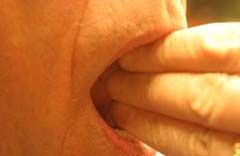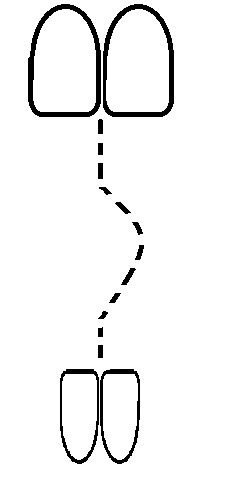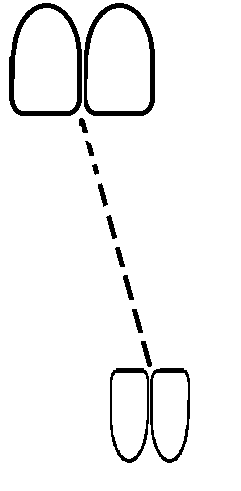Common symptoms include persistent headaches or popping and clicking of the joint. If the TMJ is in the incorrect position during jaw closing, too far into the socket, there are nerves and blood vessels that can get compressed. Since the head is incredibly vascularized with blood vessels, the constriction of these nerves and blood vessels can be a main reasons that migraines and headaches occur.
Also, due to the close proximity to the ear canal (see TMJ Anatomy page), an improperly positioned and functioning TMJ can cause repeating ear infections, tinnitus or ringing in the ears, vertigo or lack of balance and spatial awareness, and direct ear pain.
Since the joint is encapsulated by a number of muscles including the masseter and lateral pterygoids, muscular facial pain is sometimes a symptom of TMJ dysfunction. If you have bruxism, or clenching habits (whether at night or during daytime activities), the constant working of these muscles can pull and tug on the joint and create TMJ dysfunction.
Some other TMJ symptoms to watch for are a limited range of motion and a crooked opening. A simple way to see if your range of motion is limited is by seeing if you are able to comfortably fit the width of three fingers in your mouth.
 |
| 3 Finger Test |
 |
| Deviation |
 |
| Deflection |
Note the difference between Deviation and Deflection.
If you jaw is showing deviation, this means that the disc is getting caught on one side and then releasing at a different time than the opposing joint, so in turn the jaw comes back to center. If you are showing deflection, there is a partial closed lock, because one side the disc is moving properly and on the other side it is not.
If you are experiencing any of these symptoms, you may need to see your dental health professional for recommendations.
No comments:
Post a Comment